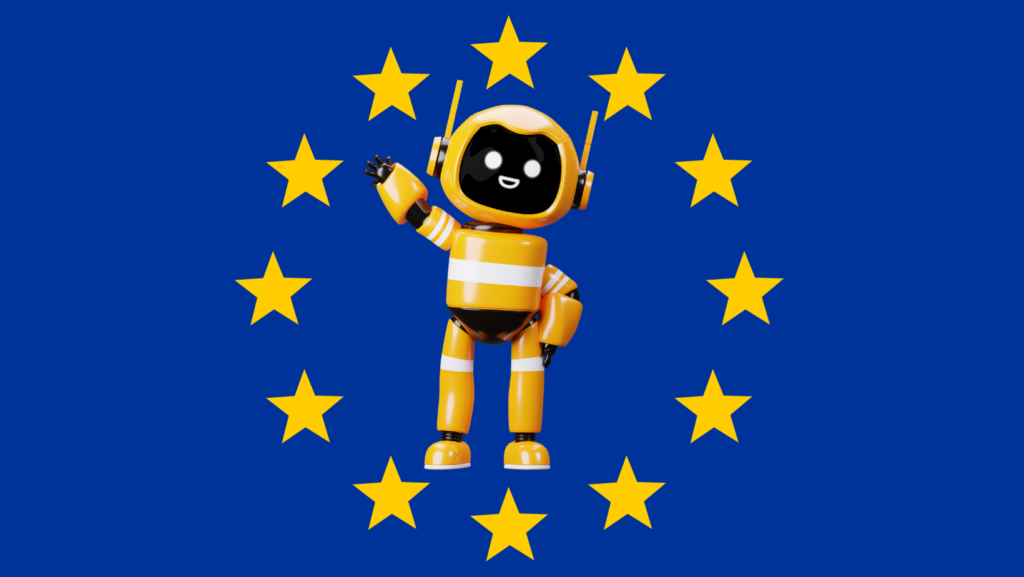Europe is considered to be the world leader not only in manufacturing professional robots but also in governing AI technologies in an efficient manner. The European Commission adopted an ‘AI Strategy’ in 2017 to relinquish its vision for AI. Further, the EU passed a resolution in February, 2017 containing suggestions to the Commission on “Civil Law Rules on Robotics”. Following the initiative of European Union in 2017, the Commission released a “White Paper on AI” in February, 2020 which outlined the extensive plan to promote AI sector in Europe. Then, in April 2021, the European Commission with an aim to build trustworthy AI for the digital hub, published an ‘AI Package’ that included new rules and actions focusing on two areas that is ‘Excellence in AI’ and ‘Reliable AI’. In October 2020, EU adopted various resolutions for better governance of AI, including resolution on ethics , liability and copyright . In 2021, these resolution were trailed by resolutions on “AI in criminal matters” and in “education, culture and the audio-visual sector”. The Commission eventually, proposed a regulation “AI Act”, laying down extensive rules for regulating AI in Europe in April 2021. European Union’s “AI Act” (AIA) seeks to formulate the first comprehensive regulatory framework for governing AI technologies in a systematic manner.
The EU AI Act that came into force in year 2023, aims to establish a comprehensive regulatory framework for artificial intelligence, ensuring the development and deployment of AI technologies that are safe, transparent, and respect fundamental rights. It classifies AI systems based on risk, banning those with unacceptable risk, imposing strict requirements on high-risk systems in critical sectors, and setting transparency obligations for limited-risk applications like chatbots. The Act mandates transparency and accountability, requiring AI systems to be understandable and traceable, and enforces high-quality data standards to prevent biases. Compliance is overseen by national supervisory authorities, with fines for non-compliance potentially reaching up to 6% of a company’s global annual turnover. To support innovation, the Act provides a regulatory sandbox for experimentation and aids SMEs in adopting AI technologies. Overall, the EU AI Act aims to foster trust in AI, protect citizens’ rights, and encourage innovation within a secure and ethical framework.

